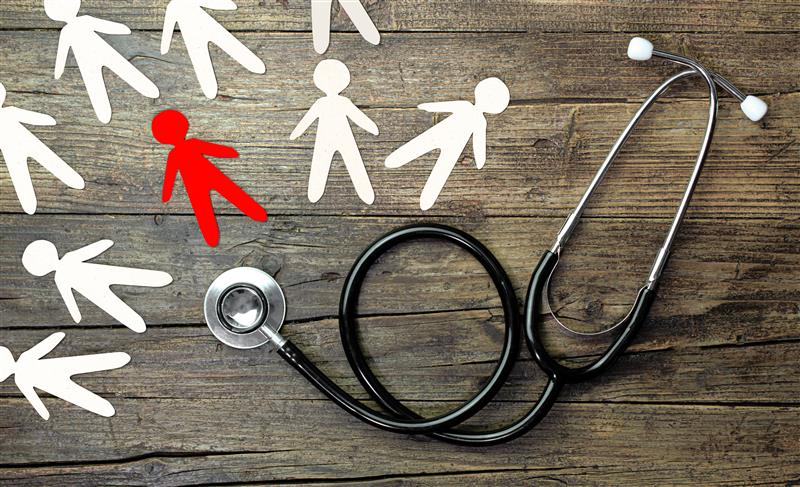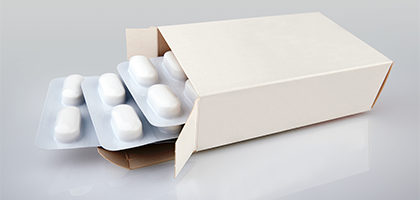
Insights
The Importance of FHIR Standard
There are invisible walls between different healthcare facilities and systems, and they must be removed to make faster, more accurate clinical decisions. FHIR standard supports this approach by enabling seamless healthcare information exchange. In this blog, we explore the importance of FHIR in healthcare.

What is FHIR?
First of all, the question of ‘‘What does FHIR stand for?’’ should be answered. FHIR is the abbreviation of ‘Fast Healthcare Interoperability Resources’ which is a healthcare data exchange standard developed by Health Level Seven (HL7) International. This global standard defines how healthcare information, including clinical and administrative data, can be exchanged between different systems.
HL7 designed the FHIR standard to be understood and implemented easily and quickly. It is built on standardized building blocks, which use consistent data models and modern web technologies familiar to developers. In addition, access to this standard is free and open.
Why is FHIR Important?
FHIR is important because it provides a modern, flexible, and efficient way for different healthcare systems to exchange and integrate critical health information electronically, addressing long-standing interoperability challenges in healthcare. It mainly solves the problem of data silos in healthcare, where patient information remains trapped in different, incompatible systems.
FHIR standardizes how information like laboratory results, medications, and medical history is represented and exchanged. This standardization allows disparate healthcare systems, such as different electronic health record (EHR) systems, patient portals, and diagnostic machines, to communicate with each other. This unified communication encompasses all healthcare providers in patient care. Improved interoperability based on FHIR supports well-informed decisions and reduces medical errors by facilitating access to up-to-date data.

Furthermore, the standard significantly reduces implementation complexity. Unlike older and more complicated healthcare data standards, it leverages widely used web technologies like RESTful APIs, JSON, and XML. This leads to faster development of new healthcare applications and integrations.
The benefits of FHIR also include patient-centricity; it empowers patients by making it easier for them to access their personal health data. Through FHIR-enabled apps and portals, patients can securely view their medical records. This encourages them to be more active participants in their own health journey.
In short, FHIR plays a vital role in creating a data-driven, coordinated healthcare ecosystem. By using modern technology, it improves patient care, increases operational efficiency, and fosters health IT innovation.

What is Tiga’s FHIR Stack?
Our FHIR Stack, a part of our HIE Suite, is a specialized platform enabling secure, standardized data exchange using the FHIR Standard. As a high-performance data hub, this technology centralizes clinical, administrative, and research information into a single, interoperable environment. Its modular architecture allows organizations to deploy only the components they need, making it flexible for hospitals, clinics, insurers, and research institutions.
FHIR Stack streamlines the structuring, sharing, and interoperability of exchanged data. It incorporates strong security measures to protect sensitive health information. Furthermore, it offers real-time monitoring and automated alerts that help healthcare providers act quickly when patient data indicates a critical change.

Thanks to FHIR Stack, patients can receive more personalized and coordinated care while health professionals can make faster and more accurate decisions. In addition to these stakeholders, healthcare organizations can experience reduced operational friction and improved compliance with this solution. By combining interoperability, workflow automation, security, and analytics into one package, FHIR Stack has become the strategic backbone of modern healthcare.
Final Words
A truly connected, data-driven healthcare ecosystem is a tangible reality with the help of FHIR. This standard breaks down the barriers to healthcare data exchange, fostering an environment where information flows securely across different systems. By embracing it, healthcare providers, health professionals, and developers create a healthier, more patient-centric environment.
Let’s shape the future together with FHIR-based technologies!








